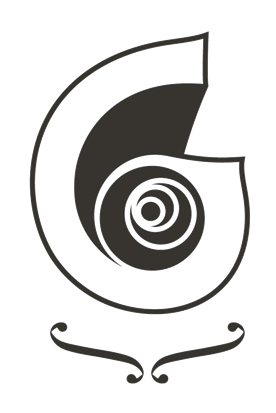Music Music Music
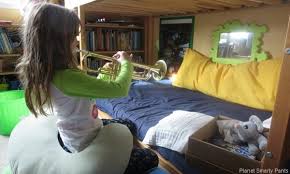
There Are Four Essentials to Learning A Musical...
SUCCESS PLAYING AN INSTRUMENT – FOUR PARTS GO TO YOUR LESSON (SHOW UP TO CLASS) Practice at home, 15 minutes a day for a beginner Have a good teacher Have...
There Are Four Essentials to Learning A Musical...
SUCCESS PLAYING AN INSTRUMENT – FOUR PARTS GO TO YOUR LESSON (SHOW UP TO CLASS) Practice at home, 15 minutes a day for a beginner Have a good teacher Have...
Children Who Take Music Lessons Have Higher IQs
from Business Insider Some researchers believe that learning to play an instrument directly causes increases in general intelligence. Others acknowledge that music training can cause small increases in IQ, and...
Children Who Take Music Lessons Have Higher IQs
from Business Insider Some researchers believe that learning to play an instrument directly causes increases in general intelligence. Others acknowledge that music training can cause small increases in IQ, and...
8 Healing Benefits of Music
...there are endless ways that music makes our hearts and souls feel better. But research shows that music can have benefits for our bodies, too. 1. Eases Anxiety 2. Reduces...
8 Healing Benefits of Music
...there are endless ways that music makes our hearts and souls feel better. But research shows that music can have benefits for our bodies, too. 1. Eases Anxiety 2. Reduces...
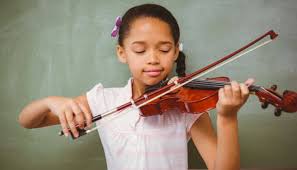
What to do and Not to Do to Best Support Your C...
Tips for Parents You can help your child to succeed in band by supporting them in his efforts. Parental support is a crucial element in success, not only in band,...
What to do and Not to Do to Best Support Your C...
Tips for Parents You can help your child to succeed in band by supporting them in his efforts. Parental support is a crucial element in success, not only in band,...
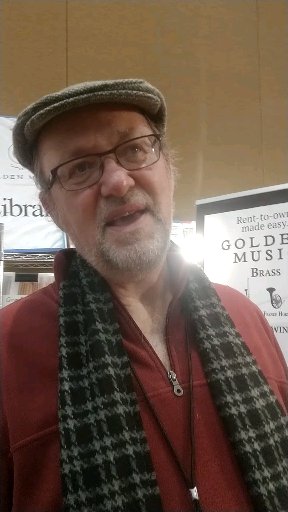
Music, Architecture and Life...
One of the biggest joys of owning a music store is the interesting people we get to talk to every day. Almost every customer and shopper wants to hang out...
Music, Architecture and Life...
One of the biggest joys of owning a music store is the interesting people we get to talk to every day. Almost every customer and shopper wants to hang out...
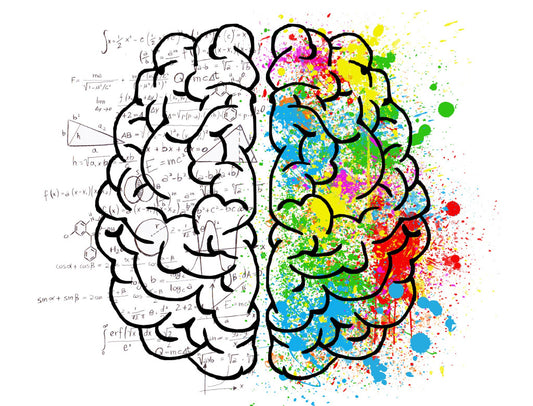
Music Training Can Improve Decision-Making, Foc...
Another study on the benefits of music... We understand more and more the health of our brain through modern technological scanning. The breaking of synapses and disease causing problems and...
Music Training Can Improve Decision-Making, Foc...
Another study on the benefits of music... We understand more and more the health of our brain through modern technological scanning. The breaking of synapses and disease causing problems and...
